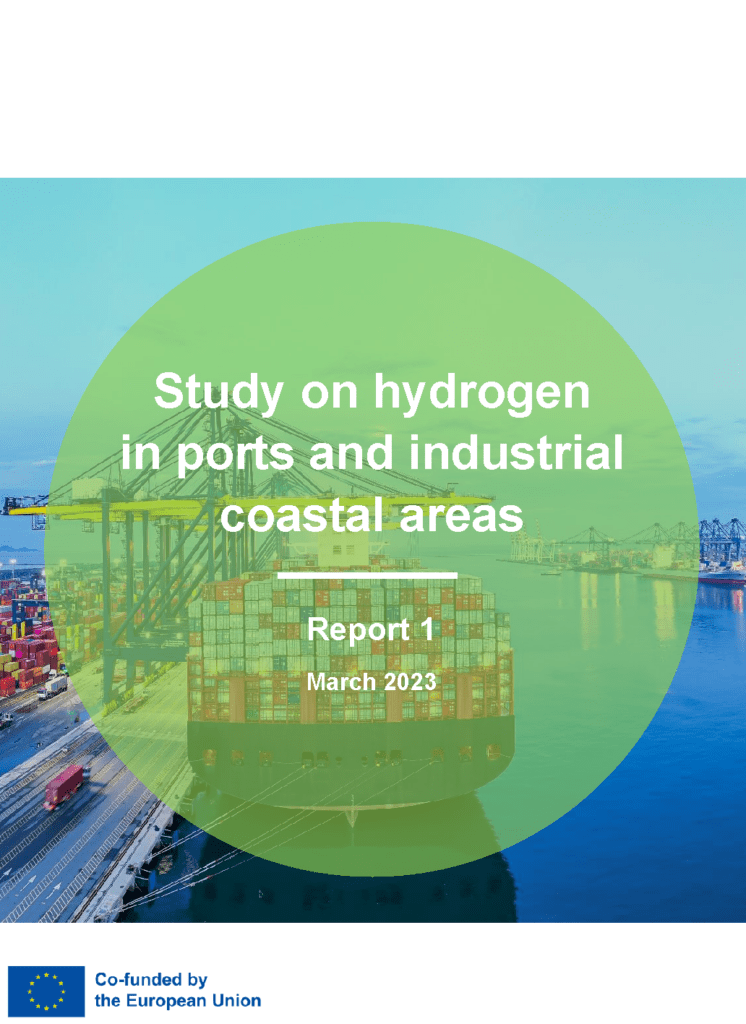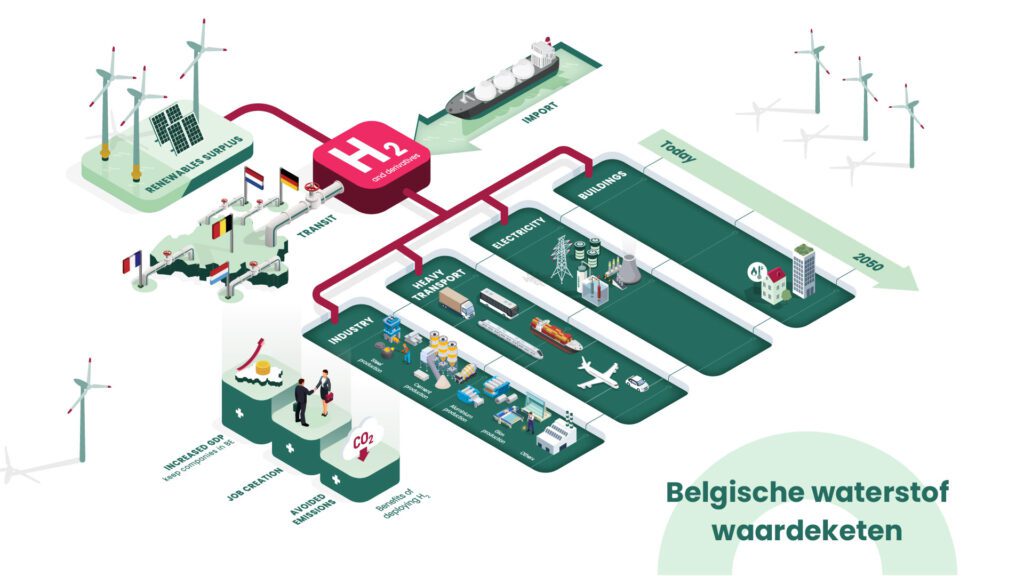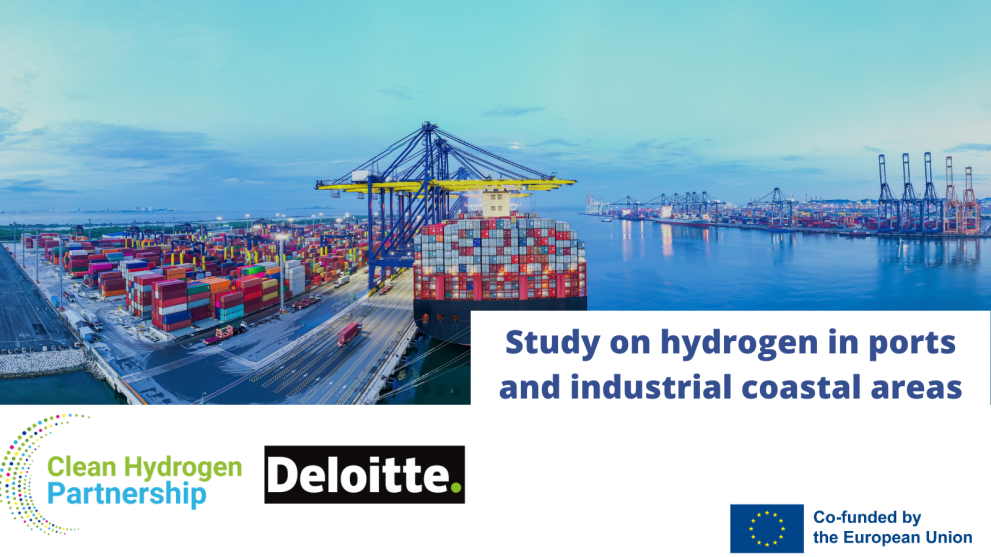Up to 42% (22 Mt, or 730 TWh) of total hydrogen demand in the EU in 2050 could be located in port areas, shows the first report of a study conducted by Deloitte Belgium for the Clean Hydrogen Partnership.
Abstract
The European Union needs to radically accelerate the deployment of hydrogen production, import terminal, reconversion, storage, transportation, and consumption infrastructure capacity in port ecosystems in order to meet its 2030 renewable hydrogen targets, shows new study on hydrogen in ports and industrial coastal areas.
Port ecosystems are expected to play a crucial role in the expansion of the European hydrogen market through 2050. First, as energy transit hubs facilitating the import of hydrogen and its distribution, and second, as investors in dedicated infrastructure to produce, import, store, and distribute hydrogen to multiple end-users in the wider port areas and/or into the hinterland.
Hydrogen, especially of renewable origin (i.e., green hydrogen), has consolidated during the past years its prominent position in the EU’s energy transition policies and is expected to be critical in substituting fossil gas, coal, and oil in hard-to-decarbonize industries (e.g., refineries, ammonia, steel, chemicals) and transportation (i.e., heavy duty road freight, shipping, aviation).
According to the REPowerEU Plan the “development of port infrastructure and their connection to both industrial and transport users in the vicinity will be of critical importance” for increasing the demand for renewable hydrogen in Europe to 20 million tonnes per year in 2030. REPowerEU includes the ambitious target of 10 million tonnes of renewable hydrogen production in the EU and 10 million tonnes of renewable hydrogen imports by 2030.
Using a scenario-based approach, Deloitte Belgium Energy and Climate practice carried out for the Clean Hydrogen Partnership an extensive study that provides detailed outlooks of the potential hydrogen demand and supply in European ports and coastal areas in 2030, 2040 and 2050, along with the required hydrogen value chain infrastructure and a no-regrets investment roadmap for the development of hydrogen activities and infrastructure in the vicinity of ports. The report also provides an overview of the various possible roles that a port could fulfil in Europe’s future hydrogen economy.



